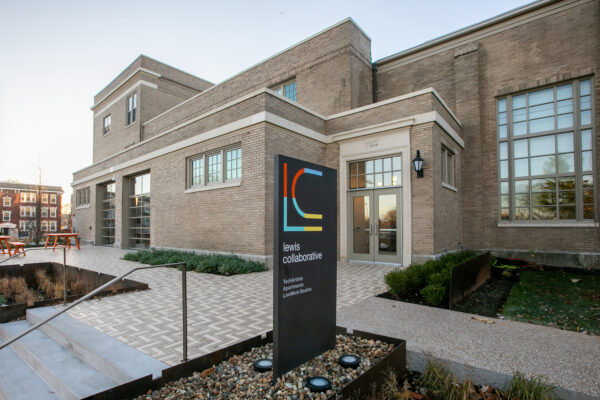Cliff Holekamp, senior lecturer in entrepreneurship, academic director for entrepreneurship and director of the entrepreneurship platform, has helped hundreds of students at Olin Business School become entrepreneurs through his courses and mentorship. Not surprising then that he was named one of the top entrepreneurship professors in the world and voted one of the best business mentors in the St. Louis region. Holekamp traces his start in entrepreneurism back to when he was a student at Olin developing the idea for a chain of health-care centers that he would later sell to a private equity group.
“I had a very special mentor, Bart Hamilton [the Robert Brookings Smith Distinguished Professor of Entrepreneurship],” Holekamp says. “He was very influential in helping me launch my first business, was a consistent sounding board for me and spent dozens of hours with me in his office.”
When given the chance, Holekamp paid it forward, becoming a teacher and mentor. “Mentoring is really the elevation of teaching. It’s when teaching goes beyond the classroom,” Holekamp says. “The opportunity includes not just teaching students material, but helping them apply that material to their real-life decisions.”
What’s the hardest thing about being a mentor?
I think the hardest thing in being a good mentor is not telling the person what to do, but rather to be a resource and a sounding board in helping guide them to make their own decisions. It’s very tempting and much easier and a shortcut to just give advice. But that’s not what mentorship is all about. It’s helping your protégés through their own process of self-discovery.
What do you do when a student comes to you with a bad idea?
I used to be more critical of the idea to keep them out of trouble, to save them from the pain and the heartache of pursuing an idea that may not be the best use of their time and talents. But over time, I’ve come to realize that entrepreneurs are resilient and they surprise you. Sometimes, what starts out as not-such-a-good-sounding idea over time evolves into something that’s really great. So I’m still very critical and very tough when I first get those first questions about an idea that maybe doesn’t sound the best. But I’m more focused now on helping that student see through how that idea could evolve and become better [rather] than perhaps talking them out of it.
How can a student locate a good mentor?
What I think young people, who are rising in [startup] communities, need to do is to think of mentors as more of a collection of advisers than a single adviser, because you may not find one person who has been through it all, but you can find multiple people who have all been through different parts of it. And I think that’s probably a good thing anyway, because multiple perspectives are valuable. But I do think it’s important that when you receive mentorship or any other kind of advice that you are thoughtful and strategic about the experience that perspective that comes from, that you’re a critical thinker, and that you’re interpreting that advice graciously. But interpret [the advice] and apply it in a way that [considers] the context of the place where that advice came. And I think that’s something we focus on very heavily at Washington University: helping students be great critical thinkers.


